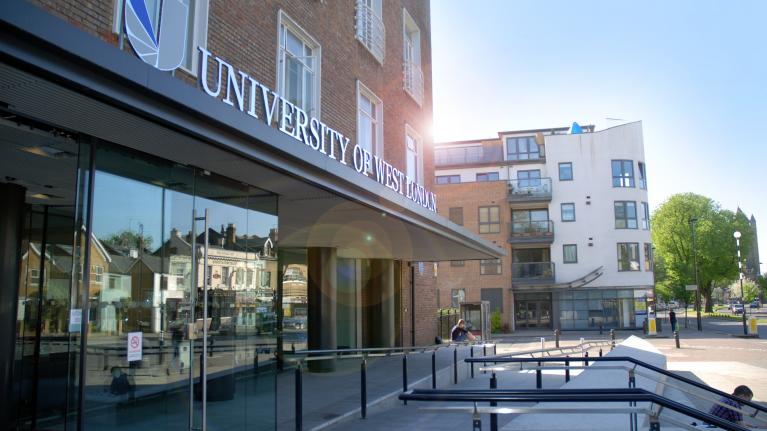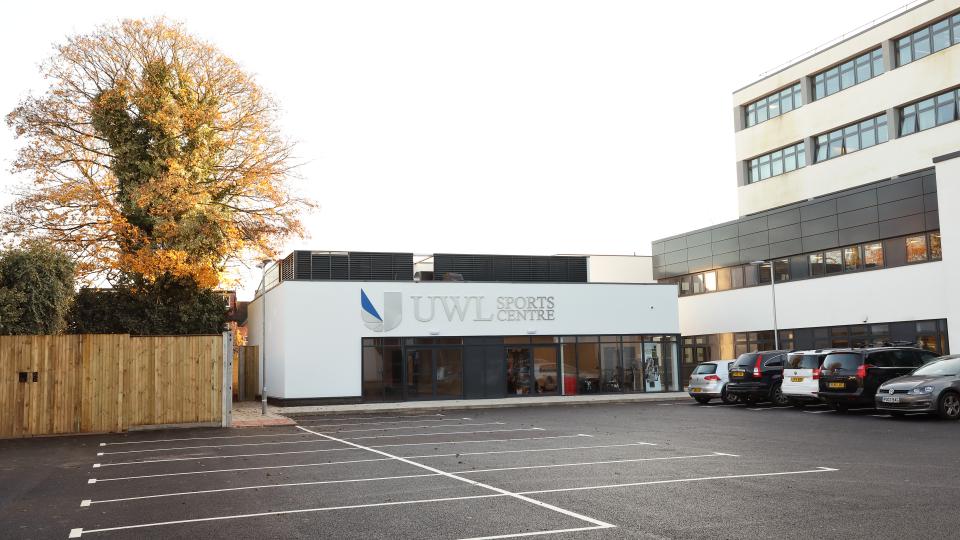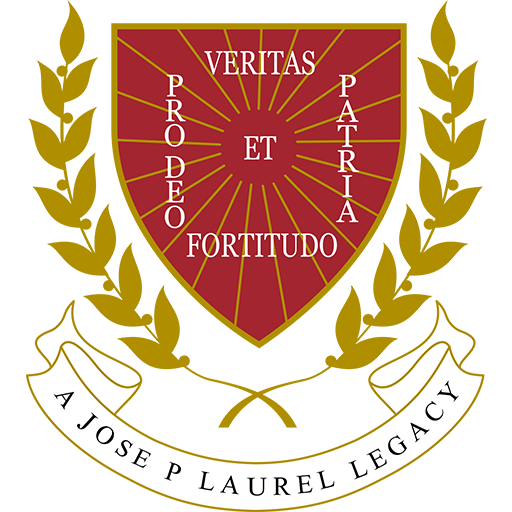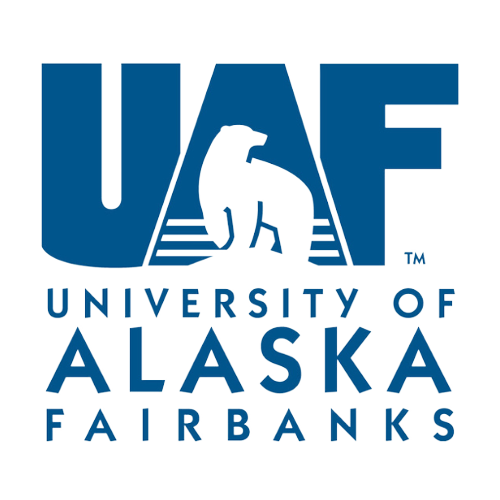📖Program Curriculum
Compulsory modules
Molecules and Cells
Fundamentals of Evolution
Medical Microbiology
Molecular Biology
Whole Organism Biology
Principles of Biological Research
Doing Biological Research
Computational Statistics for Biologists
Introduction to Systems Biology
Developmental Biology (Developmental Biology pathway)
Human Anatomy and Physiology (Developmental Biology pathway)
Principles of Biological Chemistry (Developmental Biology pathway / Genomics and Computational Biology pathway)
Genome Biology (Genomics and Computational Biology pathway)
Cytogenetics and Genomics (Genomics and Computational Biology Pathway)
Environmental Biology (Ecology and Conservation pathway)
Environmental Impact Assessment (Ecology and Conservation pathway)
Wildlife Conservation (Ecology and Conservation pathway)
Behavioural Ecology (Animal Behaviour and AI pathway)
Animal Behaviour and Cognition (Animal Behaviour and AI pathway)
Sociobiology (Animal Behaviour and AI Pathway)
Final Year Research Project
Optional modules
Modelling for Biologists (all pathways)
Current Perspectives in Bioscience (all pathways)
Applied Machine Learning for Biology (all pathways)
Nanobiology, Genomics and Bioinformatics (Developmental Biology Pathway / Genomics and Computational Biology Pathway)
Applied Molecular Medicine (Developmental Biology Pathway/ Genomics and Computational Biology Pathway)
Advanced Developmental Biology (Developmental Biology Pathway)
Clinical Immunology and Haematology (Developmental Biology Pathway)
Ecological Consultancy (Ecology and Conservation Pathway)
Environmental Management (Ecology and Conservation Pathway)
Ecotoxicology (Ecology and Conservation Pathway)
Measuring Biodiversity (Ecology and Conservation Pathway)
Introduction to Robotics (Animal Behaviour and AI Pathway)
Evolving Brains and Behaviour (Animal Behaviour and AI Pathway)
Course detail & modules
Our Biological Sciences degree course will teach you the fundamentals of biology and provide you with plenty of opportunities to practice.
Your practice-based learning will include:
performing lab and field techniques and procedures
writing academic and industry-relevant reports
undertaking research based on your ideas as part of a team
presenting the outcomes of research at an end-of-year student conference
writing up research papers and proposals
an individual research project in the final year of the course.
If you so choose to specialise in one of our four pathways, your specialisation will be noted on your BSc (Honours) certificate.
Throughout your studies, you will be prepared to succeed in your chosen professional field, whether that is as an ecologist, a clinical scientist, a researcher, or a data analyst.
The course will also prepare you to pursue further studies towards a masters or a PhD.
Show less
Show more















